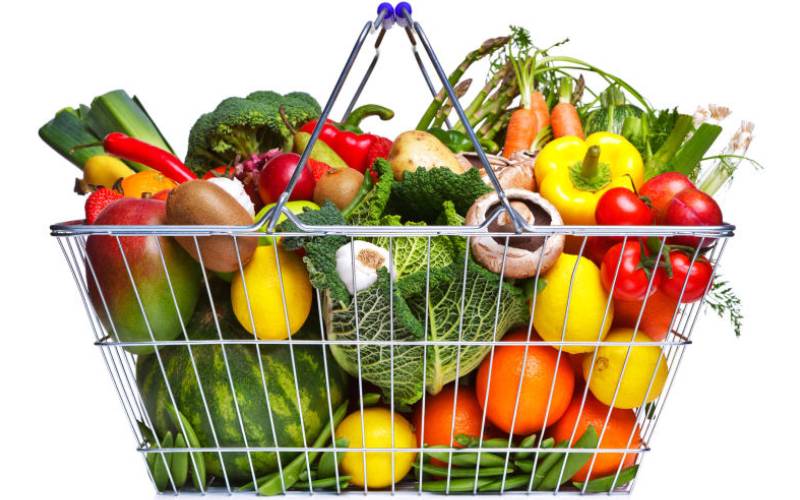×
The Standard e-Paper
Join Thousands Daily

Pricing affects aisle traffic which is determined by consumers’ shopping behaviour. [Courtesy]
The ordinary shopper expects to pay less whenever they buy a product in large quantities compared to buying smaller portions of the same item.







